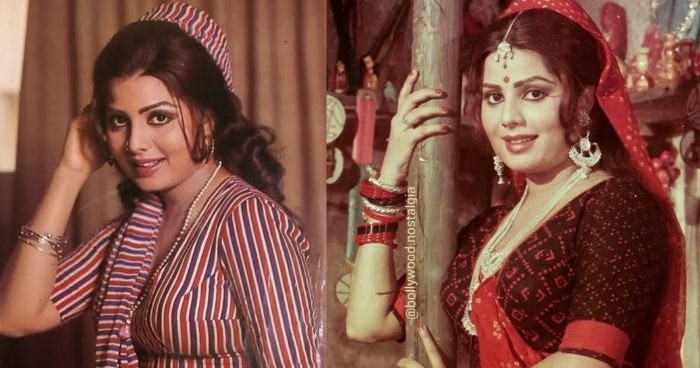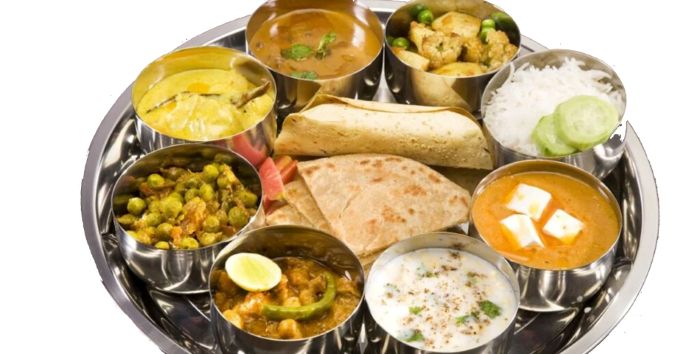There is a kind of drink that doesn’t shout, doesn’t fizz, doesn’t advertise itself with bubbles or bold labels. It just whispers. Yet, across kitchens in Karnataka, that whisper has echoed for centuries. It’s called Majjige—cool, milky, salted buttermilk. A drink that’s not only about taste, but about time.
The Elixir of Everyday Life
Majjige is not exclusive, nor ornamental. It belongs to all—served in silver tumblers and steel glasses alike, and often in modest earthen pots. The aristocrat sips it in antique quietude; the farmer gulps it after a long day in the sun. It’s for the weary body and the waiting soul. In this sense, Majjige is a leveller, a humble yet universal companion on India’s gustatory map.
While buttermilk is relished across the subcontinent—Chaas in Gujarat and Punjab, Mor in Tamil Nadu, Sambaram in Kerala, Mattha in Maharashtra, and Ghol in Bengal—Majjige retains a certain earthiness, a regional cadence that sets it apart. The spices may vary, but the soul of the drink—its cooling spirit and democratic reach—remains constant.

Across these traditions, we see buttermilk as more than a drink—it is cultural balm. Yet, Majjige has a certain slow serenity, seasoned with curry leaves and memory, that places it firmly in the southern imagination. It is both common and exalted. It graces festive meals and frugal lunches alike.
A Memory in Every Sip
To drink Majjige is to remember. It conjures the scent of wet earth after rain, the sound of a grandmother’s bangles as she stirs it with a wooden maththu, the comfort of home in an unfamiliar town. It is served after meals not only to cool the body but to calm the spirit, to signify digestion not just of food but of the day’s heat, worries, and noise.
In Karnataka, it is a fixture of daily rhythm—offered to guests with a smile, poured generously during temple feasts, and remembered with fondness by those who’ve left home. No matter where one is, a sip of Majjige can return them to a verandah, a courtyard, a monsoon afternoon.
Flavours of Season and Soil
Majjige is more than curd diluted with water. It’s alchemy. It begins with the thick, well-set curd of the day. To this, water is added—not too much, never too little. Then comes the seasoning: crushed green chilies, grated ginger, torn curry leaves, a hint of asafoetida. Some add coriander, others mustard seeds crackled in ghee.

There’s Majjige huli—a sour-savoury curry made with buttermilk and vegetables like ash gourd or cucumber. And during Rama Navami, the drink is offered as panaka alongside jaggery water and Kosambari salad—a cooling trinity for a heated season. In some rural homes, Majjige is stored in earthen pots, absorbing the smell of mud and the silence of afternoons.
The Ritual of Return
In most households, Majjige is not bought, but made. And that act—of fermenting, churning, tempering—is a ritual of return. Return to methods passed down since generations, to unhurried afternoons, to a state of soothing tranquillity. In the height of summer, when tempers rise and throats parch, a tall glass of Majjige is not just refreshment. It is forgiveness. It is bliss.
A Cultural Undercurrent
Kannada literature, particularly folklore and rural ballads, often invokes the everyday to speak of the eternal. In these verses, Majjige appears not as an object, but as an atmosphere—present in the background of meals, negotiations, blessings. It’s part of the unspoken hospitality that defines southern Indian homes. In temples, Majjige is sometimes offered as prasada, cooling both body and ego.

The drink is not merely consumed—it is participated in. It is part of childhoods, of midmorning breaks, of the language of the land. In rural Karnataka, it is customary to offer Majjige to labourers and guests alike, a gesture that speaks of inclusion and humility.
The Wisdom of Simplicity
Modern nutritionists hail Majjige as probiotic, rich in calcium, easy on the stomach. But its wisdom is older than science. Its coolness is not just thermal, but temperamental. It pacifies. In a country prone to extremities—in climate, opinion, hunger—Majjige is moderation itself.
And in this, it is kindred to its cousins across India. Where Chaas is brisk and peppery, Majjige is meditative. Where Mattha might carry the zing of cumin and mint, Majjige soothes with curry leaf and ginger. It is not merely regional—it is philosophical.
The Quiet Anthem
In an age of carbonated ambition, Majjige reminds us of the virtues of stillness. It has no advertisement, yet it endures. No fizz, yet it fills. It carries in its pale, salted body a memory of fields, of meals shared in silence, of the wisdom of those who knew that nourishment is not merely a matter of food, but of feeling.
Majjige is not drunk. It is received. And once received, it stays.
(Uday Kumar Varma is an IAS officer. Retired as Secretary, Ministry of Information & Broadcasting)
.jpg)
 Uday Kumar Varma
Uday Kumar Varma 

















Related Items
Karnataka extends caste census to October 31
Karnataka officer suspended for attending RSS event
Karnataka CM slams Sudha Murty for opting out of caste survey